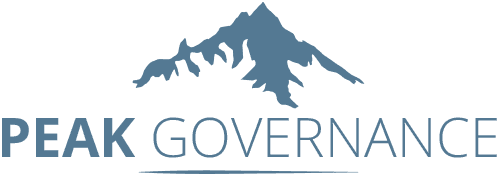Risks v Gambles
Calculated Risks v Gambles
"Calculated risks" and "gambles" both involve making decisions under uncertainty, but they differ significantly in terms of how much thought, information, and strategy go into the decision-making process. Here's a breakdown of the key differences:
Calculated Risks:
Definition: A decision made after careful analysis of the possible outcomes, benefits, and drawbacks. The individual or organization has considered all available information and has a good understanding of the probability of success and failure.
Rational Approach: Involves logic, research, data, and experience. The decision-maker evaluates the risks and rewards before acting.
Control over Variables: More effort is put into understanding and managing variables that can influence the outcome. There's an attempt to mitigate risks or minimize downsides.
Example: A business decides to expand into a new market after studying customer demand, market conditions, competitor activity, and potential profits. They know there’s a risk, but they’ve prepared for possible challenges.
Gambles:
Definition: A decision where little analysis is done, and the outcomes depend heavily on chance or luck. There's often a large element of unpredictability, with little or no control over the variables.
Emotional Approach: Driven more by hope, intuition, or gut feeling rather than careful planning and data. There's often a significant lack of understanding or regard for the odds of success or failure.
High Risk, High Uncertainty: Gambles tend to be riskier because the decision-maker lacks the information needed to estimate the potential outcome. The consequences are often uncertain and left to fate.
Example: Betting a large sum of money on a roulette wheel, or a start-up founder launching a product without any market research, just hoping it will catch on with customers.
In summary, calculated risks involve thoughtful, informed decision-making with a clear understanding of potential outcomes, while gambles are decisions with little information or strategy, relying more on luck than analysis.
The approach you take is almost certain to define the future of your product/service. How confident are you in your risk management approach? Is there room for improvement?
Contact us at www.peakgovernance.co.uk to discover how others have enhanced their financial, operational, and reputational outcomes.
#ManageRisk #Sustainability #BusinessGrowth #FutureReady
